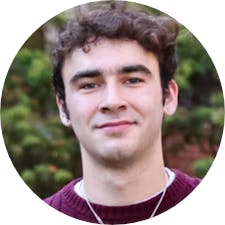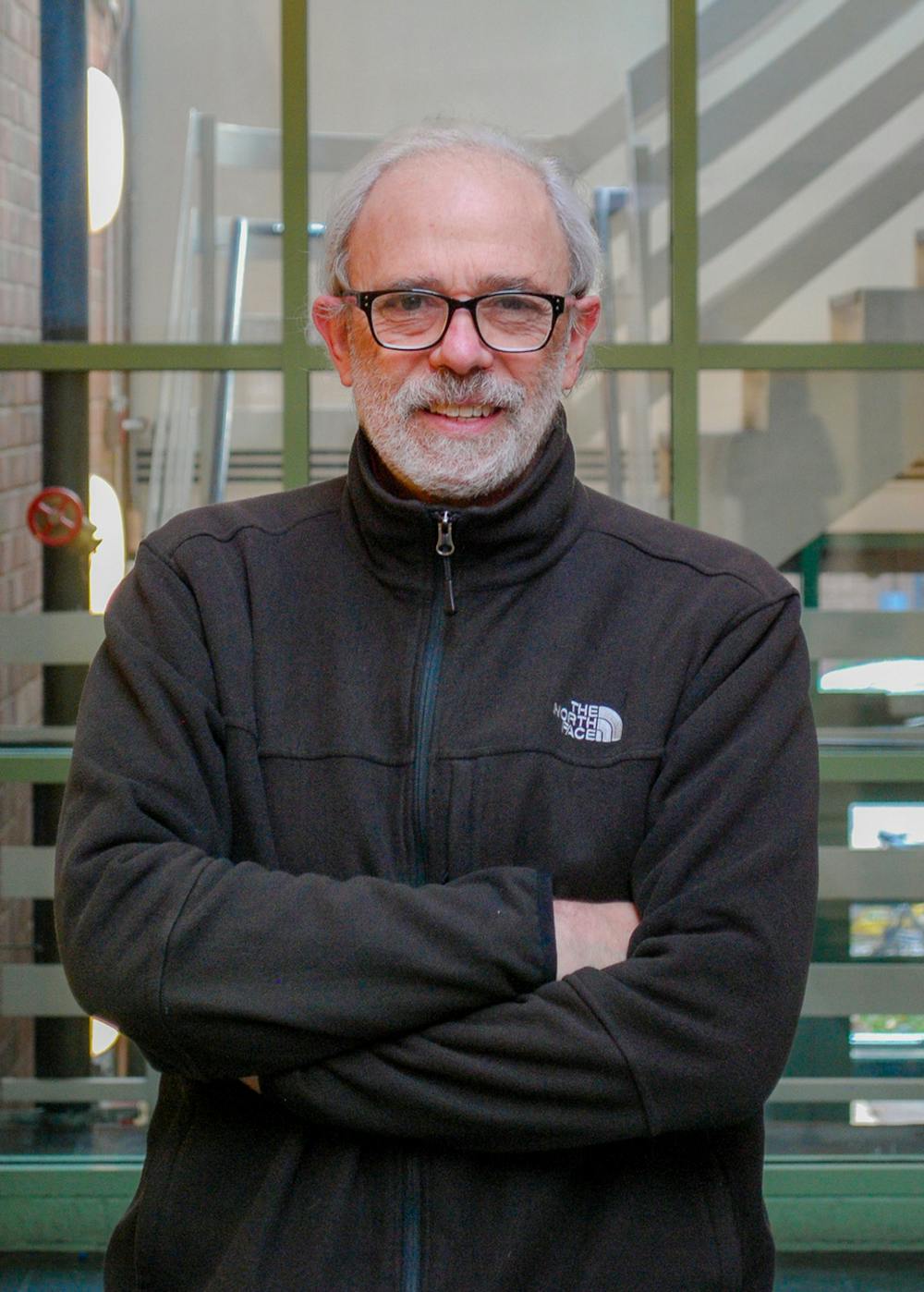When Alberto Saal, professor of earth, environmental and planetary sciences, received notice of his election to the American Academy of Arts and Sciences, he almost deleted the email by accident.
“You know how much spam we receive,” he laughed. “It was something funny, and I marked it to delete it.” After double-checking and seeing that two well-known scientists were copied on the email, he realized that it was legitimate.
“I was never expecting something like that,” he said.
The American Academy of Arts and Sciences “honors excellence and convenes leaders from every field of human endeavor to examine new ideas, address issues of importance to the nation and the world and work together,” according to its website.
Saal joins 43 other current or former Brown faculty members and administrators — including President Christina Paxson P’19 P’MD’20, Leon Cooper, professor emeritus of physics, and Michael Kosterlitz, professor of physics — to be elected to the Academy, according to a University press release.
Saal’s field of expertise is geochemistry, which he described as “using chemistry to understand how an earth or planet forms or evolves.” Prior to coming to the University, he conducted research regarding the composition of the Earth’s interior, which he studied using lava.
After coming to Brown and receiving an appointment in the Earth, Environmental and Planetary Sciences Department, Saal began to expand his previous research to extraterrestrial bodies.
When Saal began conducting research on the moon, particularly about the presence of water in the moon’s interior, his colleagues warned him about the unlikelihood of uncovering new information from the limited existing moon samples.
But in this research project, supported through a grant from NASA, Saal discovered a “significant” amount of water, a revelation which was “a huge change of mentality regarding how the moon formed,” he said.
Saal attributed this success to his lack of experience in the field of planetary science. “In science, we think we know things … but we don’t,” he said. Sometimes, it “takes someone from outside the system to say, ‘Well, why not this other thing?’”
Stephen Parman, associate professor of EEPS and a close friend of Saal, described Saal’s findings as a major contribution to planetary science.
Previous scientific research suggested that “the moon formed from the debris of a collision between a Mars-sized planet and the proto-Earth,” he explained. But in this model, some elements and compounds — including water — would not have been retained.
"(His) work has spurred a re-evaluation of the moon’s formation,” Parman said.
Planetary scientists are no strangers to the Academy, according to Alison Franklin, chief communications officer at the Academy. “Interest in the planets has been relevant from the start” of the Academy, she wrote in an email to The Herald. “The nature of the expertise has advanced beyond the 18th-century imagination, but the interest is longstanding.”
Karen Fischer, professor of the geological sciences, previously worked with Saal on a project about the chemical composition of the lithosphere — the rigid outer shell of the Earth — with a focus on how molten rocks may alter its composition and strength. Fischer described Saal’s ideas as “truly creative, but also highly rigorous” in an email to The Herald.
“Alberto is a warm and generous colleague who makes talking about anything fun,” she added.
Saal “has never been afraid to challenge scientific orthodoxy, and I think his election to the academy recognizes first and foremost his creativity,” wrote James Russell, chair and professor of EEPS, in an email to The Herald. “His election also highlights the exceptional quality and research conducted by faculty in DEEPS and at Brown.”

Ryan Doherty is the managing editor of digital content and vice president of The Herald's 135th editorial board. He is a junior from Carmel, NY who is concentrating in chemistry and economics. He previously served as a university news and science & research editor, covering faculty and higher education.





